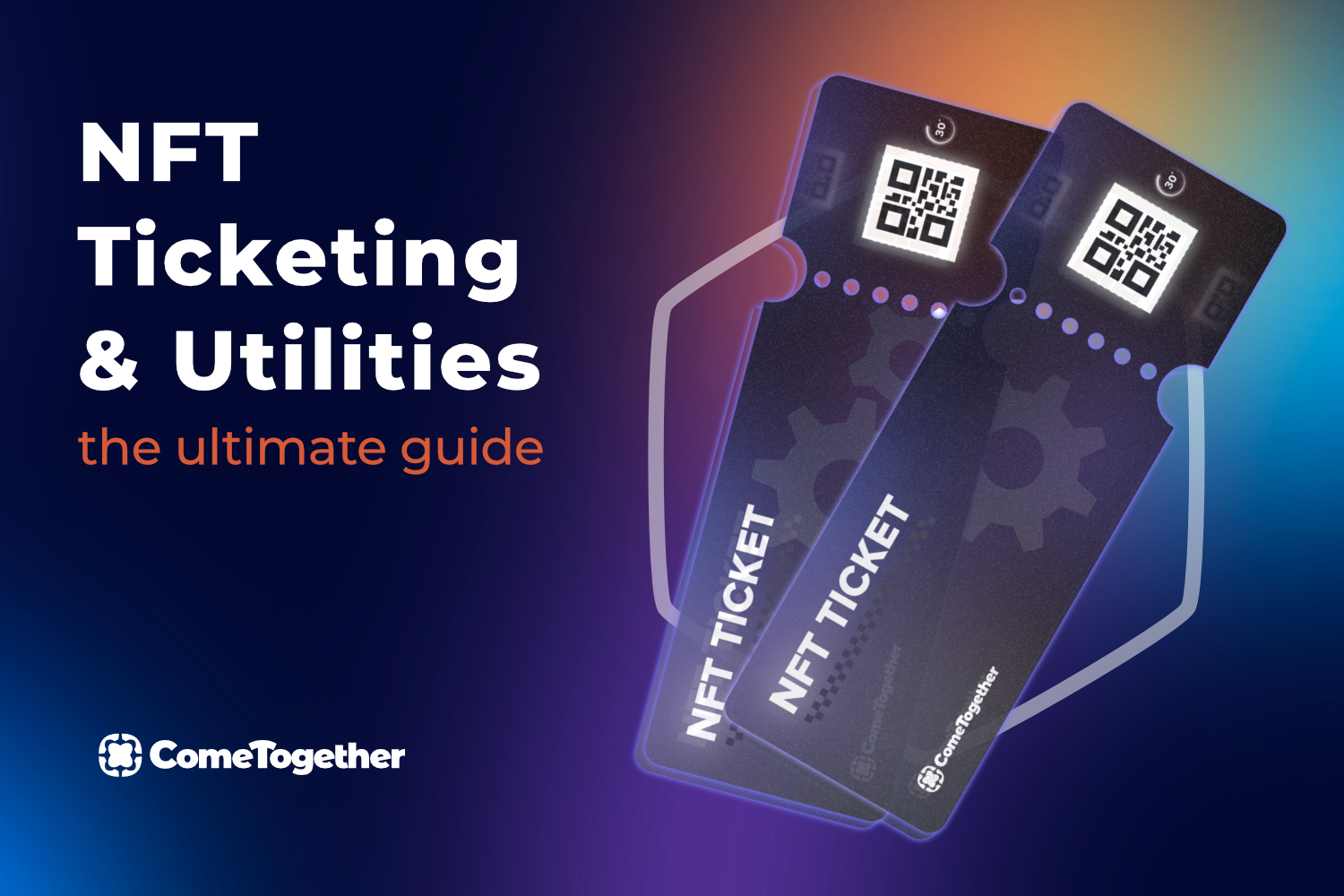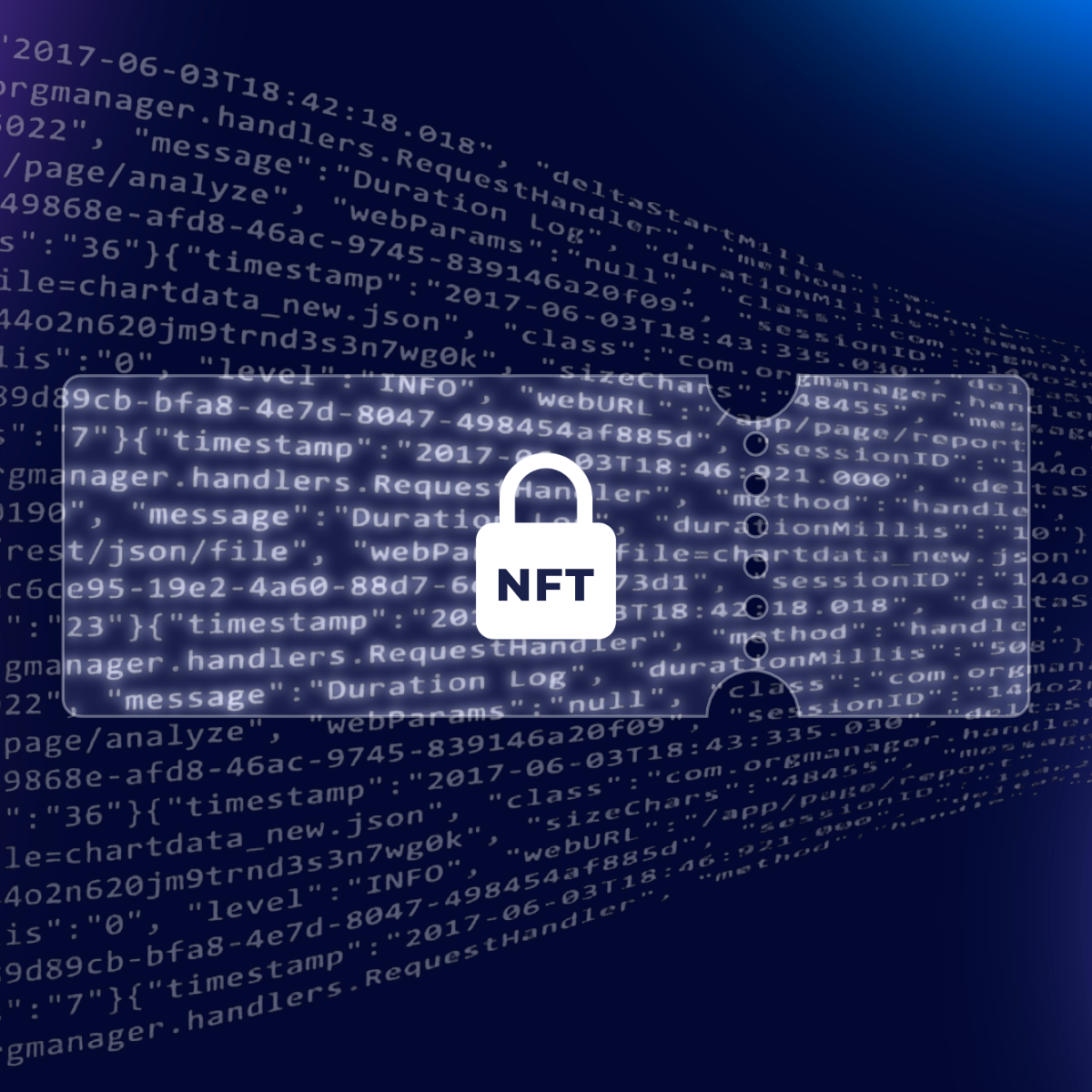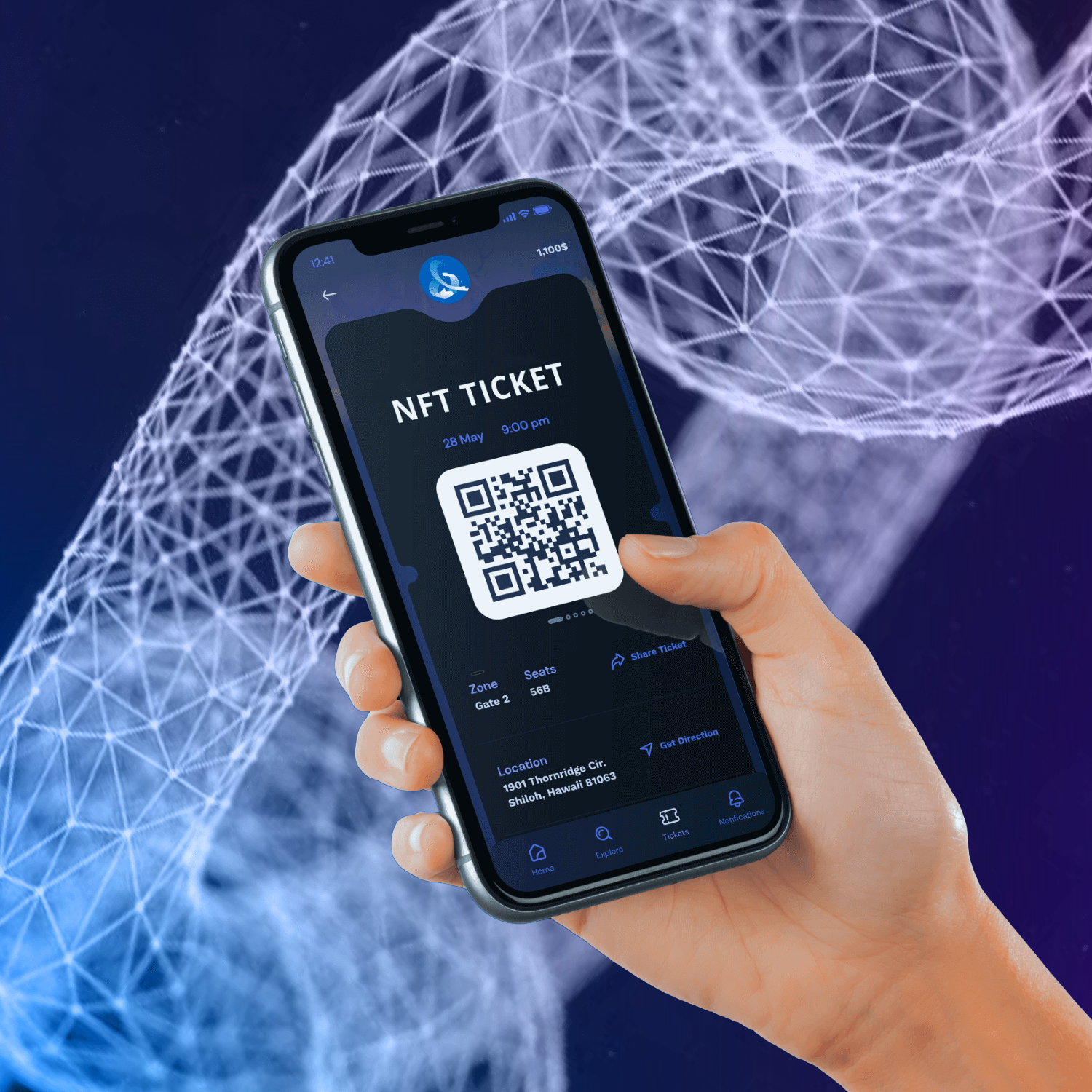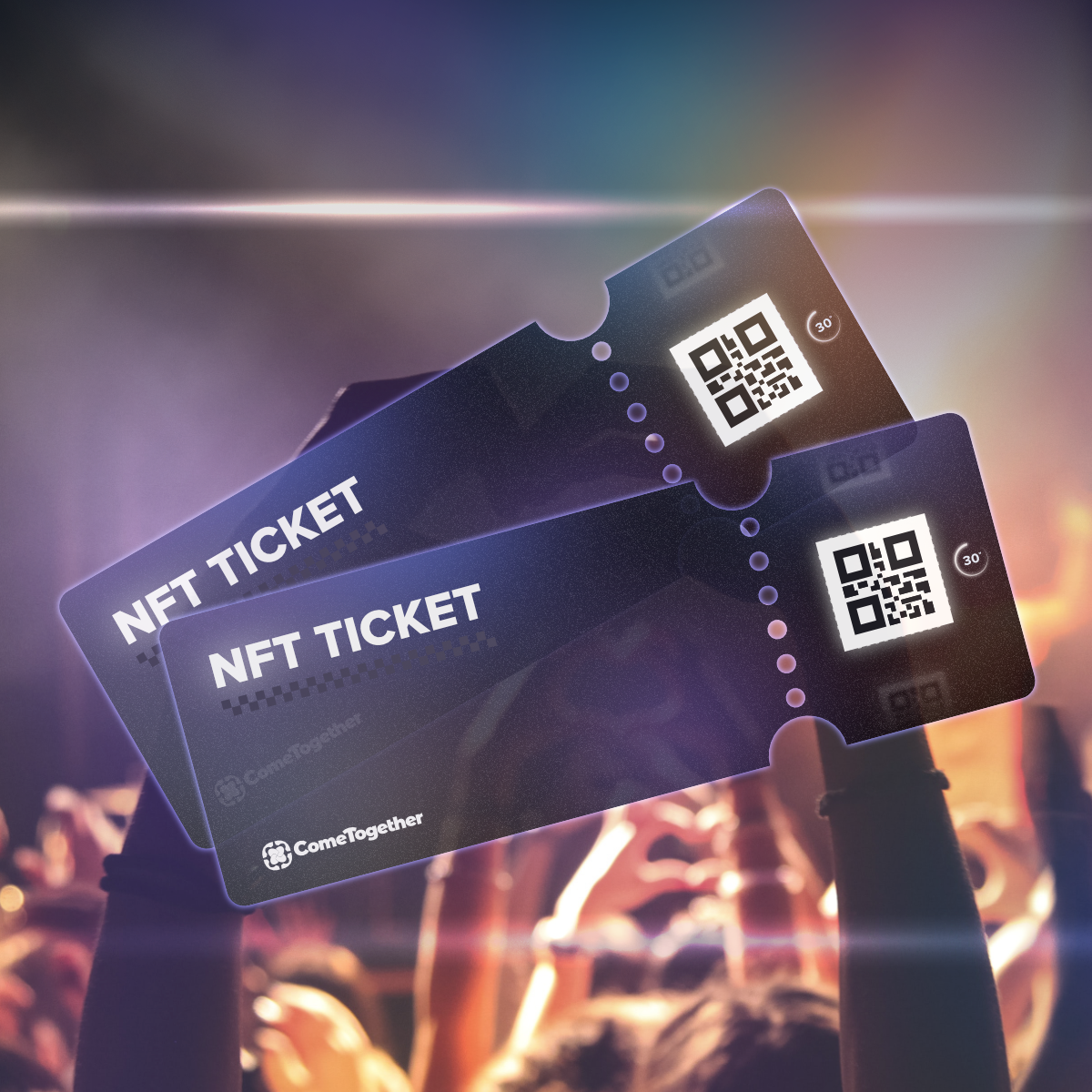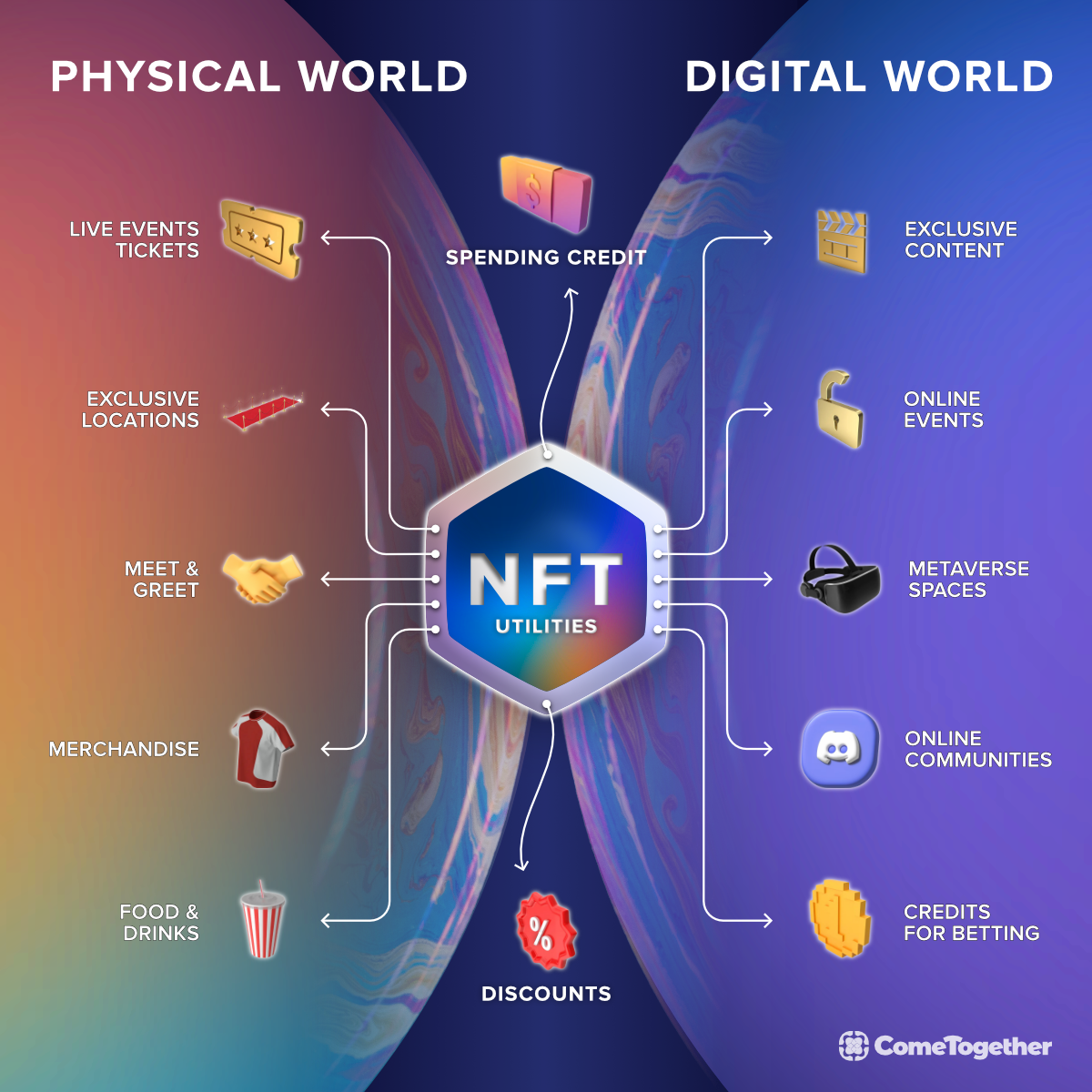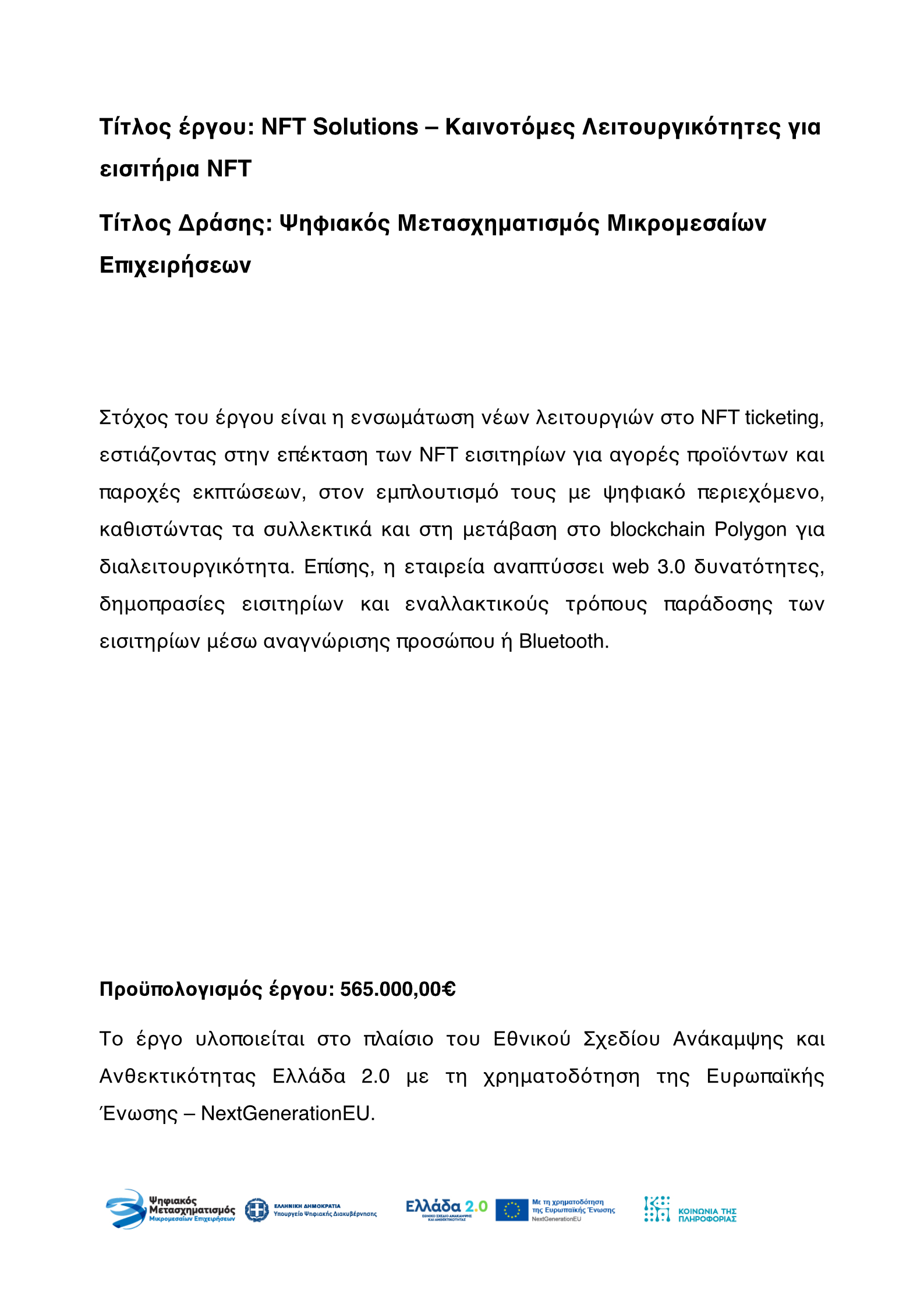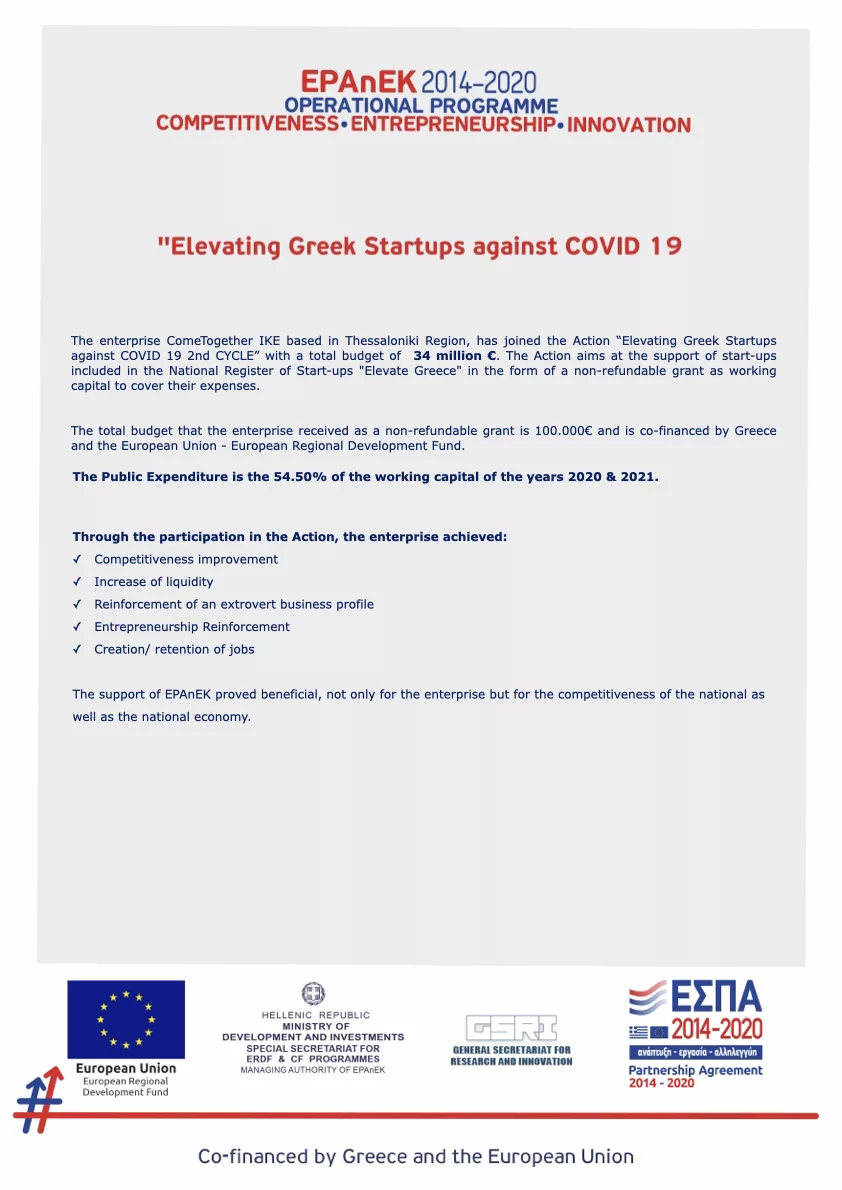ComeTogether’s tickets are now transformed into NFTs, digital tokens unique in their identity, making them impossible to replicate and thereby eliminating the threat of counterfeit tickets. But that’s not where the innovation stops. These NFTs can also be resold as digital collectibles even after the event, opening up a new market for enthusiasts and collectors.
In a departure from the conventional static QR code tickets that have long been a security weakness, ComeTogether introduces a new form of digital ticket. These tickets are delivered via a dynamic QR code that changes every 30 seconds. This ensures that tickets are always original and valid for event entry, significantly reducing the risk of ticket fraud and enhancing security.
Event organizers maintain control and tracking of these tickets throughout their lifecycle, even if they change hands. This feature is especially useful in cases of resale or when tickets are transferred to a friend, as it maintains the integrity of the ticketing process while providing event organizers with crucial data and insights.
Beyond merely serving as event passes, these NFT tickets also have the potential to enhance the fan experience. They can be bundled with exclusive content or experiences, serve as digital collectibles, and offer a new revenue stream for event organizers through commission on secondary sales. An NFT ticket can unlock exclusive content or experiences, enhancing the overall event experience and serving as a digital collectible that can be resold even after the event. This unique blend of utility and value represents a significant shift in how we perceive event tickets.
However, as with any emerging technology, there are challenges to consider. Ensuring inclusivity for all potential users, regardless of their familiarity with blockchain or cryptocurrencies, is crucial. There’s also a need for clear regulatory guidelines to promote trust and security in this evolving landscape.
In addition, we can create NFTs from event memories, such as videos or Augmented Reality (AR) experiences, adding another layer of value to the ticket. This not only transforms the event ticket into a long-term asset but also enhances the overall experience for attendees.
We offer a dedicated marketplace for selling these NFTs (both tickets and collectibles), and these are interoperable with existing marketplaces, expanding the potential reach and liquidity of these assets. The event organizer can track these NFTs throughout their lifecycle and even receive a commission each time they’re resold, creating a new revenue stream that’s not present in the traditional ticketing system.

